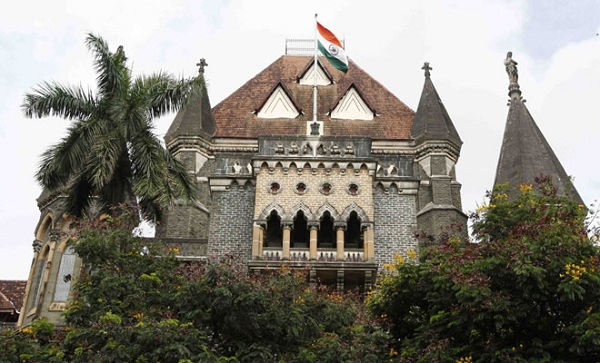
Bombay High Court Grants Permission for Muharram Procession
Maximum of five persons will be allowed on a truck and only five will be permitted walk with the ‘Tazia’ symbol for the last 100 meters on the selected route, the order stated. The five participants of the procession will have to give their home addresses to the Mumbai police beforehand, the court said
NEW DELHI – The Bombay High Court on Friday granted permission for a Muharram procession in the city with stringent restrictions in place in light of the COVID-19 pandemic.
A bench of Justices S J Kathawalla and Madhav Jamdargave permission after the Maharashtra government granted hearing to a local Shia Muslim organisation that had petitioned the court seeking permission for a symbolic procession for Muharram amid the COVID-19 pandemic.
The state government and the petitioner, All India Idaara-E-Tahafuz-E-Hussainiyat, reached an agreement and informed the court of the same on Friday, following which, the court granted permission for the procession. As per the court’s order, members of the Shia Muslim community will be permitted to carry out the procession on August 30, between 4.30 pm and 5.30 pm on one pre-determined route only by trucks and not on foot.
Maximum of five persons will be allowed on a truck and only five will be permitted walk with the ‘Tazia’ symbol for the last 100 meters on the selected route, the order stated. The five participants of the procession will have to give their home addresses to the Mumbai police beforehand, the court said.
The court also directed the state government to impose all necessary restrictions, including section 144 of the Criminal Procedure Code [CrPC] if required, to control crowds and manage the procession.
In its plea filed through advocates Rajendra Shirodkar, and Shehzad and Asif Naqvi, the petitioner organisation had said each year, between the 7th and 10th day of Muharram, the Shia community here carries out a procession holding ‘Alam’ and ‘Tazia’ symbols from Mohammed Ali Road to the graveyard on Reay Road in the city.
The petitioner urged the court to grant permission to carry out the procession this year as well, albeit with limited number of people and with necessary precautions such as masks and social distancing in place. The petitioner had come to HC after the state government issued two government resolutions earlier this month prohibiting mourning processions and asking everyone to mark Muharram at home in light of the pandemic.
The organisation had argued that if the state government had permitted Ganesh idol immersions with health safeguards, it must also permit the Muharram mourning procession. The bench on Thursday had directed the state disaster management department to give the petitioner a hearing and said if the organisation was asking for something similar to what was allowed for Ganpati festival then the state could not deny it permission, as it would amount to “discrimination”.

